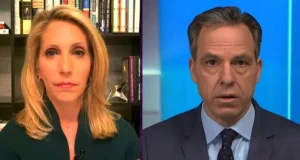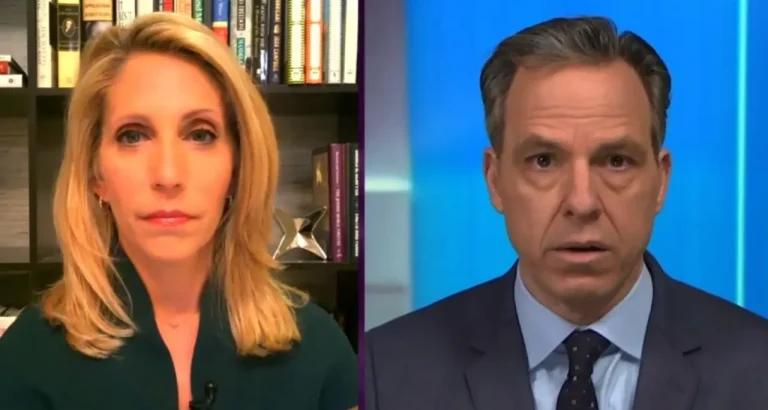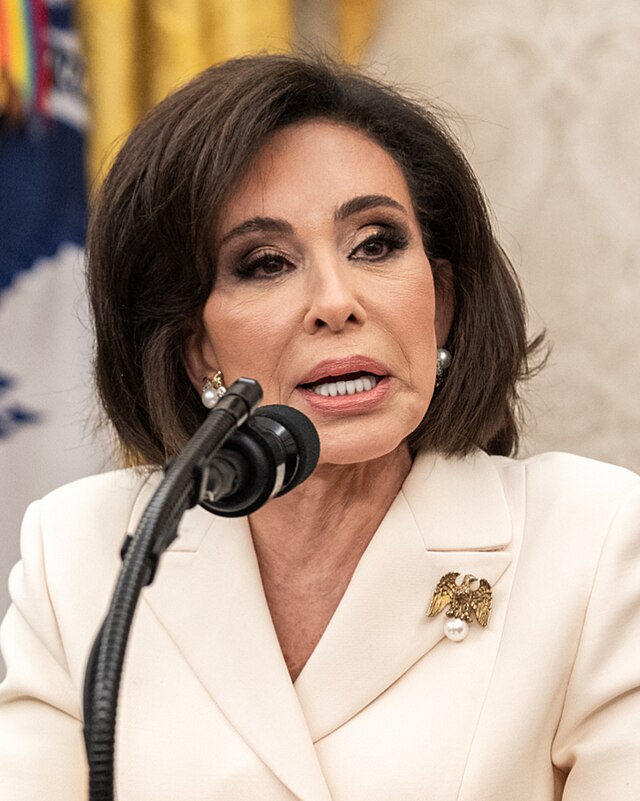In a striking show of unity, six women who survived abuse at the hands of Jeffrey Epstein or his longtime associate Ghislaine Maxwell appeared on NBC News this week to issue a renewed plea for transparency. Speaking from Washington, D.C., and joined by relatives of Virginia Roberts Giuffre, one of the most prominent Epstein accusers, the survivors urged the Department of Justice (DOJ) to release all investigative files tied to Epstein and Maxwell. They argued that decades of delay and obfuscation have perpetuated a miscarriage of justice and left victims without answers.
The survivors’ appearance came amid growing bipartisan pressure in Congress, where both Democratic and Republican lawmakers are calling for the government to make public documents that may shed light on how Epstein operated his trafficking network and which powerful figures might have been involved or complicit.
Voices of the Survivors
The six survivors who appeared together included Lisa Phillips, Wendy Avis, Jena-Lisa Jones, Liz Stein, Marijke Chartouni, and Jess Michaels. Each woman shared her own story of abuse and emphasized the common theme of systemic failure: adults who knew what was happening remained silent, government authorities failed to act, and victims were left with little information or recourse.
Jess Michaels, who says Epstein raped her in 1991 when she was 22, described him as a “master manipulator” whose predatory strategies no young woman could resist. “That was a strategy that was honed. That was a strategy that no young woman, no teenage girl had a chance against,” she said, underscoring how carefully orchestrated his exploitation was.
Jena-Lisa Jones, who alleges Epstein first abused her when she was only 14, described a world in which Epstein’s properties were filled with adults who were aware of his crimes yet chose not to intervene. “There were many, many adults around [Epstein’s] properties that may not have participated but very clearly knew what was going on,” she told NBC. “And they’re not saying anything, and why are they still not saying anything and speaking up on our behalf?”
Similarly, Wendy Avis, also 14 at the time she says Epstein abused her, said she had never spoken publicly before but wanted to join the movement for accountability. “Not everybody is getting justice, and that’s not right,” she said.
For Liz Stein, the lack of communication from federal authorities has compounded the trauma. “We haven’t been protected, and we haven’t been informed,” she said, emphasizing how survivors have been sidelined in the years since Epstein’s 2019 death.
Frustration Over Withheld Files
Perhaps the strongest theme uniting the survivors was their demand for full transparency. They pointed to the Department of Justice’s ongoing refusal to release investigative records as a “severe miscarriage of justice.”
Lisa Phillips voiced a particularly striking commitment: if the government continues to delay, survivors will take matters into their own hands. “We’ve been compiling lists of our own,” she told NBC. Using flight logs, emails, and other publicly available evidence, survivors are attempting to piece together the network of individuals who may have participated in or enabled Epstein’s crimes. “Please come forward, and we’ll compile our own list and seek justice on our own,” Phillips said.
Their demand comes at a moment when public pressure for transparency is reaching new levels. Recent polling suggests a majority of Americans want all Epstein-related documents released, while skepticism about how his case was handled by authorities has grown.
Congressional Scrutiny and the House Oversight Committee
Survivors’ calls are being echoed in Congress. The House Oversight Committee, chaired by Rep. James Comer (R-KY), has sought to obtain testimony from Ghislaine Maxwell and has pressed the DOJ to release its files. This week, the committee released more than 30,000 documents tied to Epstein. However, analysts quickly noted that most of these materials were already publicly available, leading to criticism that the disclosure fell short of the meaningful transparency survivors are demanding.
Meanwhile, bipartisan cooperation is also emerging outside the Oversight Committee. Rep. Ro Khanna (D-CA) and Rep. Thomas Massie (R-KY) joined survivors at a press conference to call for immediate release of the Epstein files. They are spearheading a discharge petition, a rarely used legislative maneuver that could force a full House vote if it gains enough signatures.
Khanna and Massie framed the issue not as partisan but as a question of justice and accountability. Both lawmakers argued that the American people have the right to know the full extent of Epstein’s network and whether government officials failed in their duty to stop him earlier.
The DOJ’s Position and Survivors’ Skepticism
The Justice Department has long resisted calls for a wholesale release of Epstein’s files. While Attorney General Pam Bondi initially suggested she had reviewed a so-called “client list,” she later clarified that no such comprehensive document exists within DOJ holdings. Officials maintain that any disclosures must be weighed against privacy laws and the integrity of ongoing cases.
Survivors, however, remain deeply skeptical of these claims. Many view the DOJ’s stance as yet another instance of institutional failure—echoing Epstein’s original 2008 plea deal in Florida, widely criticized as shockingly lenient, and the widespread security lapses that allowed him to die by suicide in 2019 while awaiting trial on sex trafficking charges.
That official conclusion of suicide, reaffirmed by a DOJ review, has been the subject of persistent public doubt. Survivors argue that only complete transparency can restore trust.
Ghislaine Maxwell’s Role
Attention has also turned to Ghislaine Maxwell, Epstein’s longtime associate who in 2021 was convicted of recruiting and grooming minors for Epstein’s abuse. Now serving a 20-year sentence, Maxwell continues to appeal her conviction.
Recent transcripts from a DOJ interview with Maxwell revealed her denial of wrongdoing and insistence that no “client list” exists. She claimed she never witnessed inappropriate conduct by anyone, including well-known public figures. Critics argue that these denials only highlight the need for independent verification through full document disclosure.
Maxwell was recently transferred from a Florida prison facility to a minimum-security camp in Texas, a move that drew sharp criticism from federal prison staff who argued it sends the wrong message about accountability for sex trafficking crimes.
Survivors’ Determination
Despite obstacles, survivors made clear that their pursuit of justice will not stop. Their determination reflects a broader movement of victims of sexual abuse who have increasingly demanded transparency and accountability from powerful institutions.
“This is about more than Jeffrey Epstein,” survivor Jess Michaels emphasized. “This is about systems that enabled him and systems that continue to fail survivors.”
The women’s collective message was unmistakable: until the government provides full disclosure, they will keep speaking out, keep pressing lawmakers, and keep working to uncover the truth themselves.
The Road Ahead
The survivors’ panel has already influenced the political conversation. By appearing together and framing their demands around justice rather than partisanship, they have given new momentum to bipartisan efforts in Congress.
Whether the discharge petition succeeds remains uncertain. But with growing public pressure, more lawmakers may see transparency not only as a moral imperative but as a political necessity.
For the survivors themselves, the matter is deeply personal. Their testimonies this week made clear that while Epstein and Maxwell may be behind bars or deceased, the long shadow of their crimes remains. Only full accountability, they argue, can begin to dispel it.
Conclusion
The NBC panel highlighted both the resilience of Epstein’s survivors and the urgent need for government transparency. Their stories illustrate how institutions repeatedly failed to protect vulnerable individuals, and how justice remains incomplete without disclosure of the full truth.
With bipartisan lawmakers now taking up their cause, and with survivors themselves compiling evidence, the movement for transparency shows no signs of slowing. The survivors’ message is simple but powerful: until all Epstein files are released, the work of seeking justice is not over.







